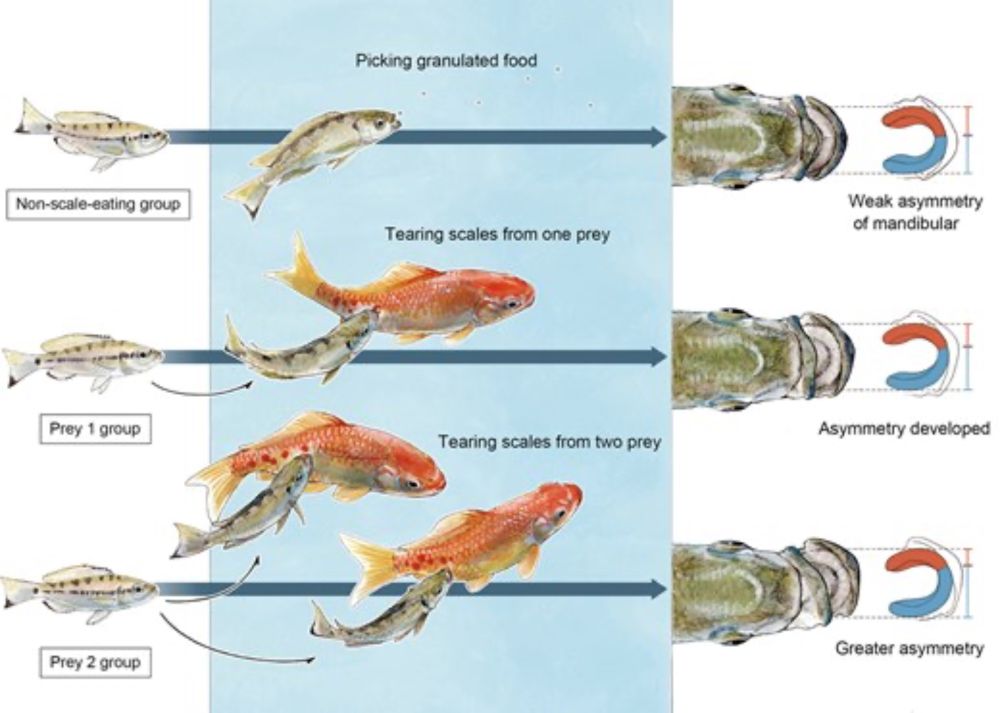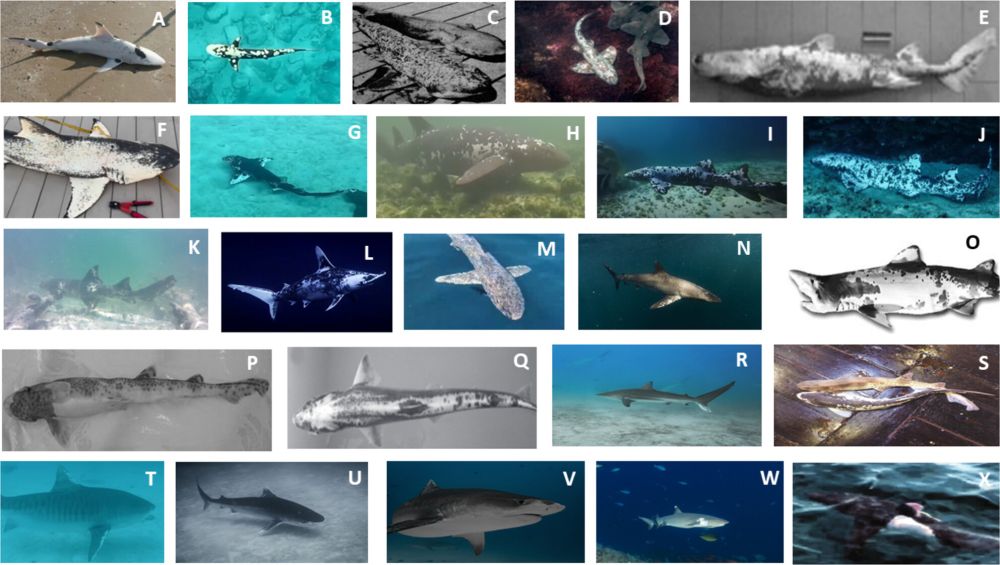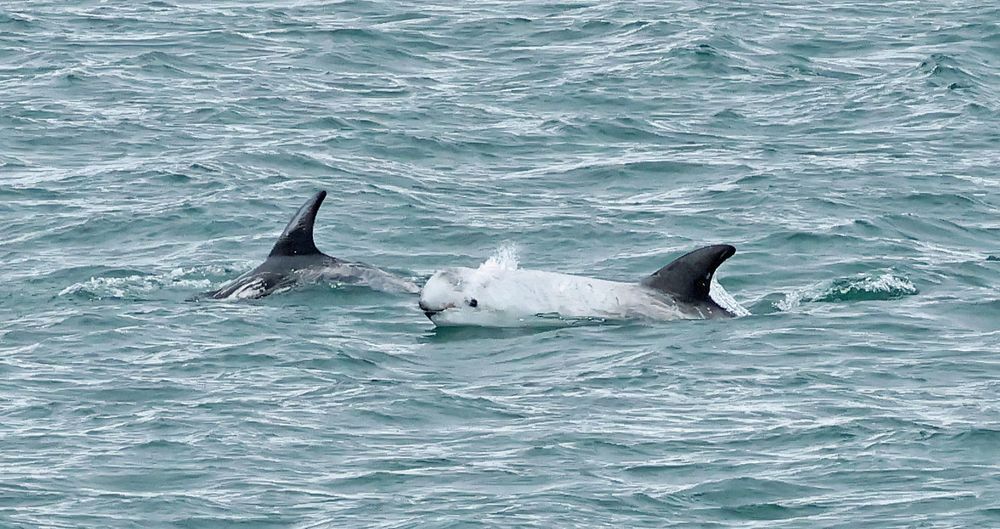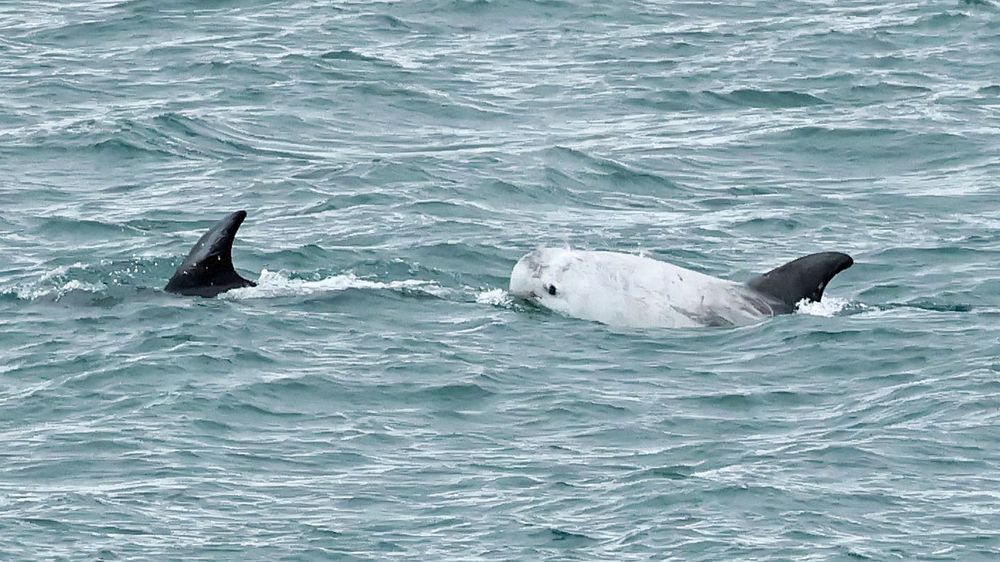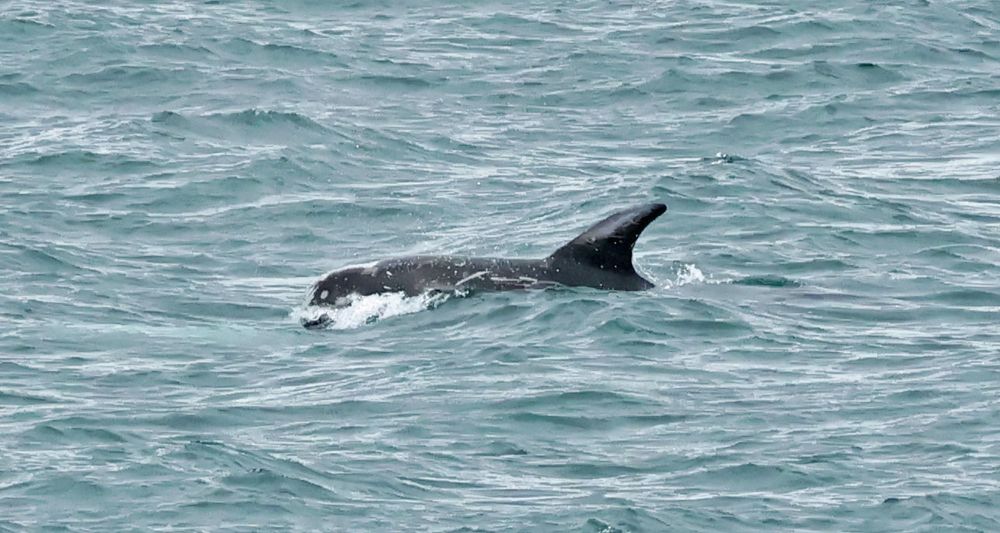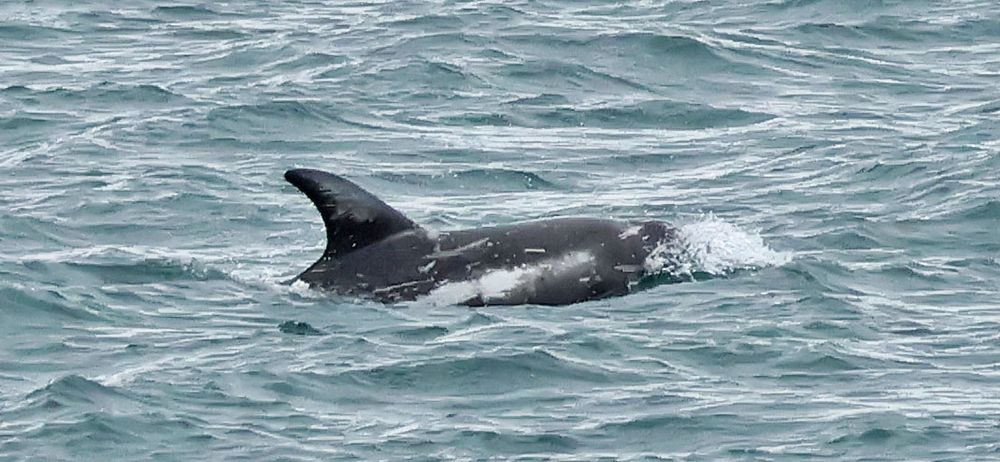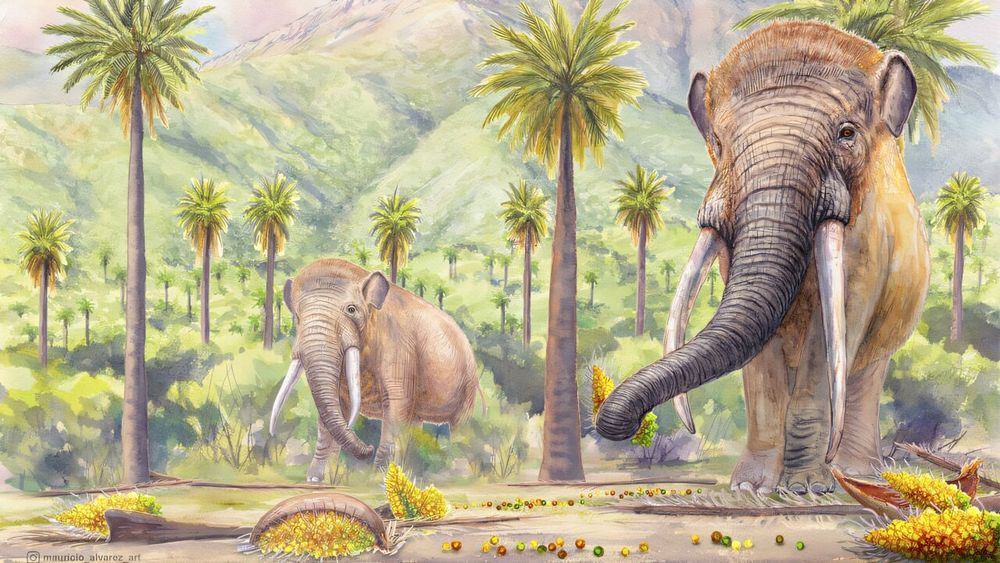I used to have beavers nearly literally in front of my door. It was pretty cool, as this are highly fascinating animals, sometimes they were just a few meters as from me.
27.02.2026 21:47 —
👍 1
🔁 0
💬 0
📌 0

Wir haben das Buch im Stil eines Naturführers aufgebaut, da dies uns erlaubt hat eine sehr große Anzahl von Arten behandeln zu können, und gleichzeitig noch für die einzelnen Spezies möglichst viel Informationen präsentieren zu können.
16.12.2025 20:10 —
👍 2
🔁 0
💬 1
📌 0


Wir haben dabei das mit Abstand umfangreichste Buch über Neozoen, Neophyten und Neomyzeten in Deutschland zusammen getragen das es zur Zeit gibt, mit über 200 besprochenen Arten. Dabei haben wir uns sehr bemüht möglichst viele der besonders interessanten Arten aufzunehmen.
16.12.2025 20:04 —
👍 5
🔁 3
💬 1
📌 0
YouTube video by Sequoia Verlag
Unsere Exoten, der Blick ins Buch
Für alle die vielleicht noch für Weihnachten etwas Besonderes zum Verschenken oder auch für den eigenen Wunschzettel suchen, kürzlich erschien von mir und Tobias Möser "Unsere Exoten Pflanzen, Pilze und Tiere als Neubürger in Deutschland", 398 Seiten über heimische Neobiota youtu.be/Iq67Vpjkc_g?...
16.12.2025 20:03 —
👍 5
🔁 2
💬 2
📌 0
Was wenige engagierte Leute in einer BUND-Ortsgruppe alles erreichen können.
Anekdote: Von der wiedergekommen Sibirischen Iris traut man sich gar nicht, sie auf die Beweidung zurückzuführen. Dabei ist es typisches, giftiges Weideunkraut. Aufzeichnung in Kürze hier:
www.youtube.com/@naturnahewe...
01.12.2025 22:16 —
👍 16
🔁 1
💬 0
📌 0
Ja, extrem tolle Entdeckung! Wobei ich es hier umso spannender finde, dass wir ja selbst in Mitteleuropa und in Deutschland noch in den letzten Jahren neue entdeckte Arten von Wirbeltieren zu vermelden hatten Nebenbei, falls Du mal Zeit hast wäre es super wenn Du in deinen Messenger schauen könntest
02.12.2025 11:47 —
👍 1
🔁 0
💬 0
📌 0
Berardius, the bus-sized deep sea predator with barnacle covered battle teeth | Bestiarium
Die Geschichte des in nordjapanischen Gewässern entdeckten Beratdius minimus ist auch wirklich faszinierend, ich habe mal vor einigen Jahren darüber auf meinem Blog geschrieben: bestiarium.kryptozoologie.net/artikel/bera...
27.11.2025 12:20 —
👍 1
🔁 0
💬 0
📌 0
Faszinierende Art von der ich noch niemals gehört habe! Vielen Dank @thoerren.bsky.social
12.07.2025 07:27 —
👍 4
🔁 0
💬 0
📌 0
...so it wasn't one beaver. There were at least two, an adult and at least one juvenile. Those beavers are very used to be around people and I can often watch them from a heavily frequented path along the river.
09.07.2025 19:29 —
👍 2
🔁 0
💬 0
📌 0
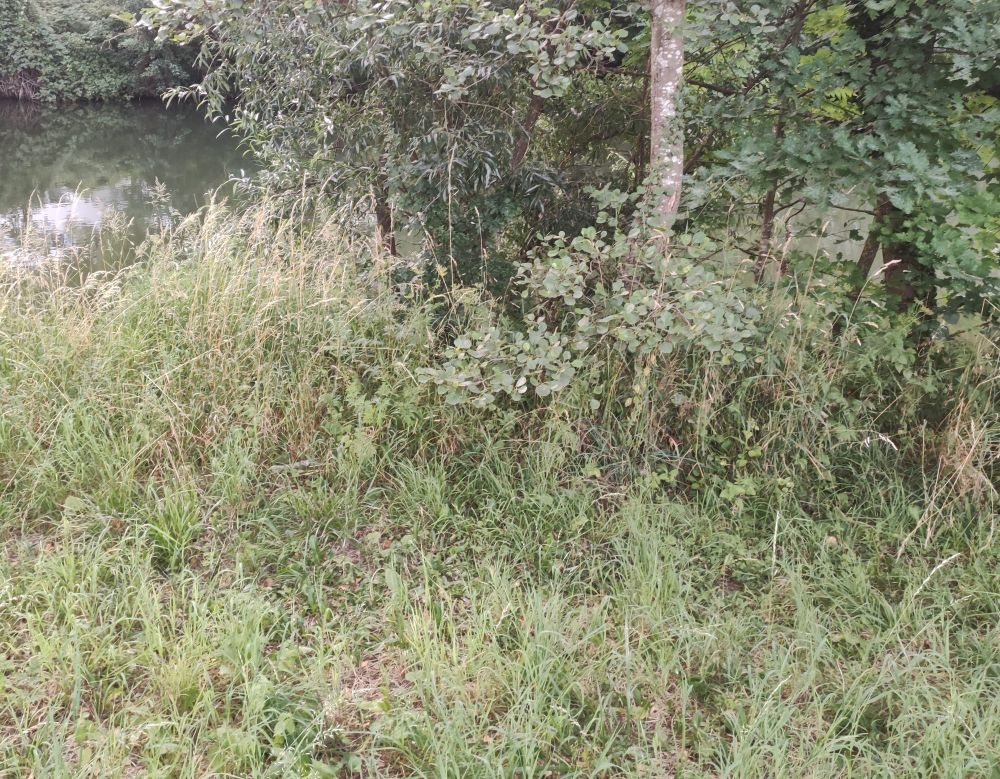
Sadly you can't see the beaver which is right at the moment sitting and eating in the grass in front of me.
09.07.2025 19:04 —
👍 5
🔁 0
💬 1
📌 0
I really love ulus, I always have a look for them in ethnology museums. By far the biggest and most diverse collection I have ever seen was in the National Museum of Denmark in Copenhagen. It's likely one of the biggest collections of Inuit artifacts in the world.
05.07.2025 21:10 —
👍 0
🔁 0
💬 0
📌 0
Btw, the one on the original photo is from the Landesmuseum Konstanz and the most famous one of its kind. There are however some other ones on the Pfahlbau-Museum in Unteruhldingen.
05.07.2025 21:01 —
👍 1
🔁 0
💬 1
📌 0
Dieser Kommentar wäre jetzt wirklich nicht nötig gewesen. Ich habe einen Fehler gemacht für den ich mich auch gleich entschuldigt habe. Da jetzt gleich zu Beleidigen ist echt nicht angezeigt.
05.07.2025 20:56 —
👍 0
🔁 0
💬 1
📌 0
Sorry, that was really a mistake by me, I somehow forgot that this was neolithic. I am very well aware of ulus and have a very big interest in them, including their history. I even made one myself.
05.07.2025 20:53 —
👍 1
🔁 0
💬 2
📌 0
I find it always so frustrating how people find ignorance totally understandable or are sometimes even proud about it.
30.06.2025 19:19 —
👍 0
🔁 0
💬 1
📌 0
Oh yes, this is every time so incredibly annoying.
29.06.2025 20:45 —
👍 1
🔁 0
💬 0
📌 0
Yes, but of course they only survived due to the nature of the used materials. Wooden artifacts from that age hardly ever survived.
29.06.2025 07:43 —
👍 1
🔁 0
💬 0
📌 0
It's not unlikely that they had comparably much free time to make stuff like that. We can be also pretty sure they built some sort of shelters, perhaps tents from wood and hides. We just have no remains of them. But caves as shelters were of course a comparably rare thing to find.
28.06.2025 09:43 —
👍 2
🔁 0
💬 1
📌 0
Similar to dog breeds with "long" heads. They aren't really longer, but just very narrow compared to other dogs.
21.06.2025 10:56 —
👍 0
🔁 0
💬 0
📌 0
Perhaps, perhaps not. But keep in mind that a huge amount of human crafts were made in rather bad light conditions, in buildings with bad light and without electricity and during times of the year with little sunlight.
21.06.2025 10:53 —
👍 1
🔁 0
💬 1
📌 0
Kepp in mind that the original sculpture had probably longer legs that are lost now. And of course this figure is just tiny, only a few centimeters.
21.06.2025 10:51 —
👍 3
🔁 0
💬 0
📌 0
Yes it is.
18.06.2025 05:13 —
👍 1
🔁 0
💬 0
📌 0
In Dänemark habe ich Kühe auch direkt durchs flache Wasser am Meer laufen sehen.
04.06.2025 19:14 —
👍 3
🔁 0
💬 1
📌 0












